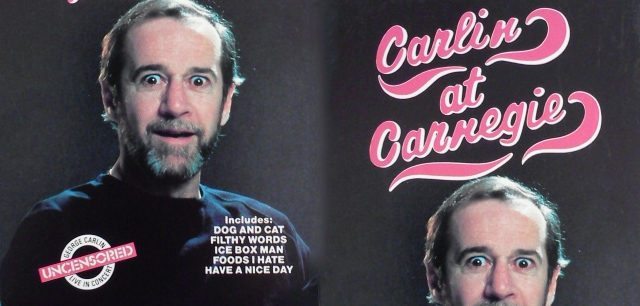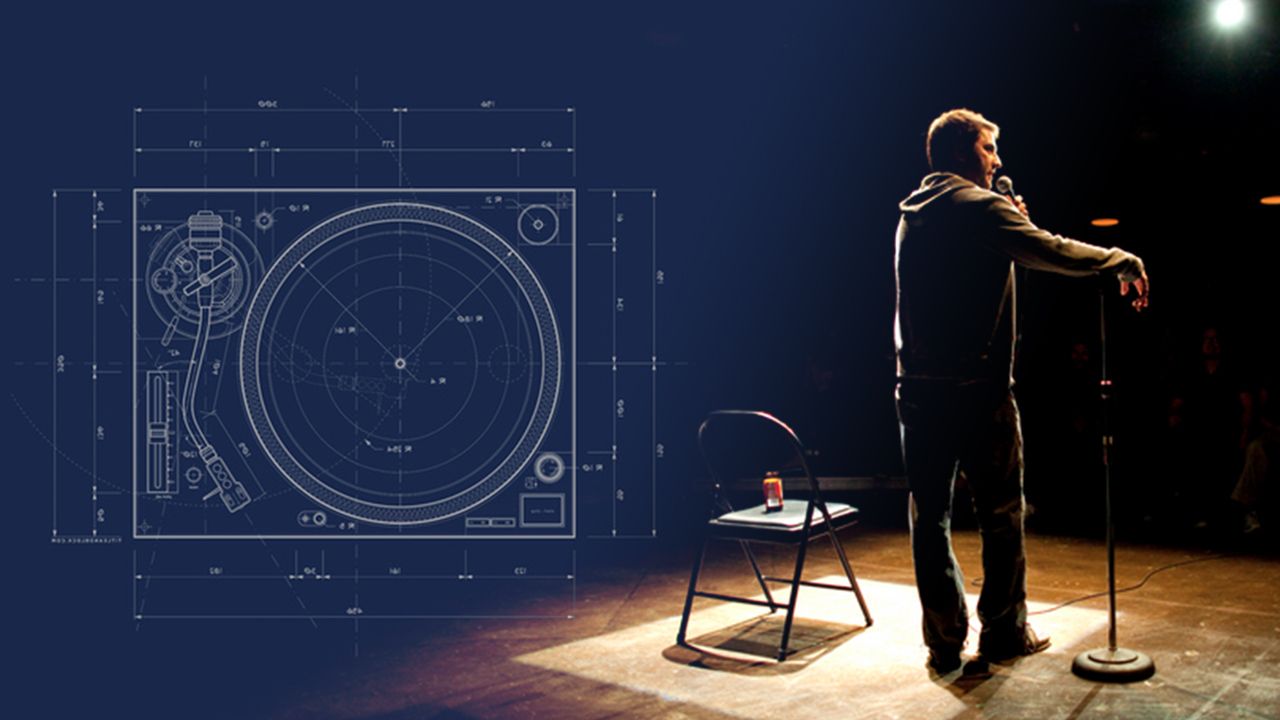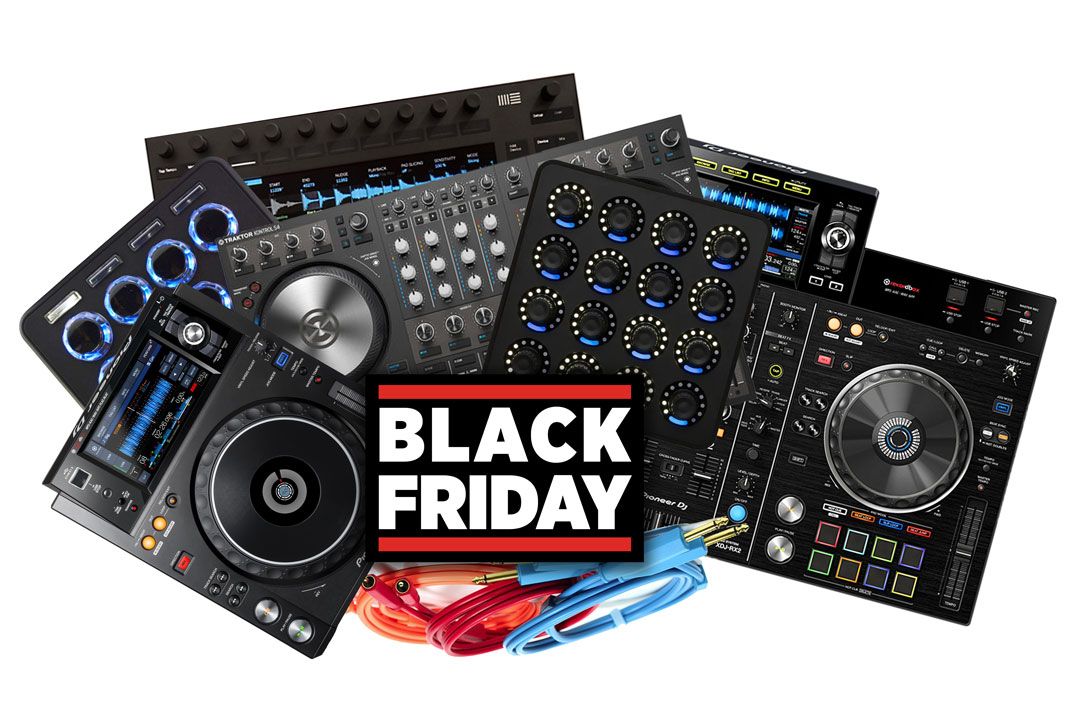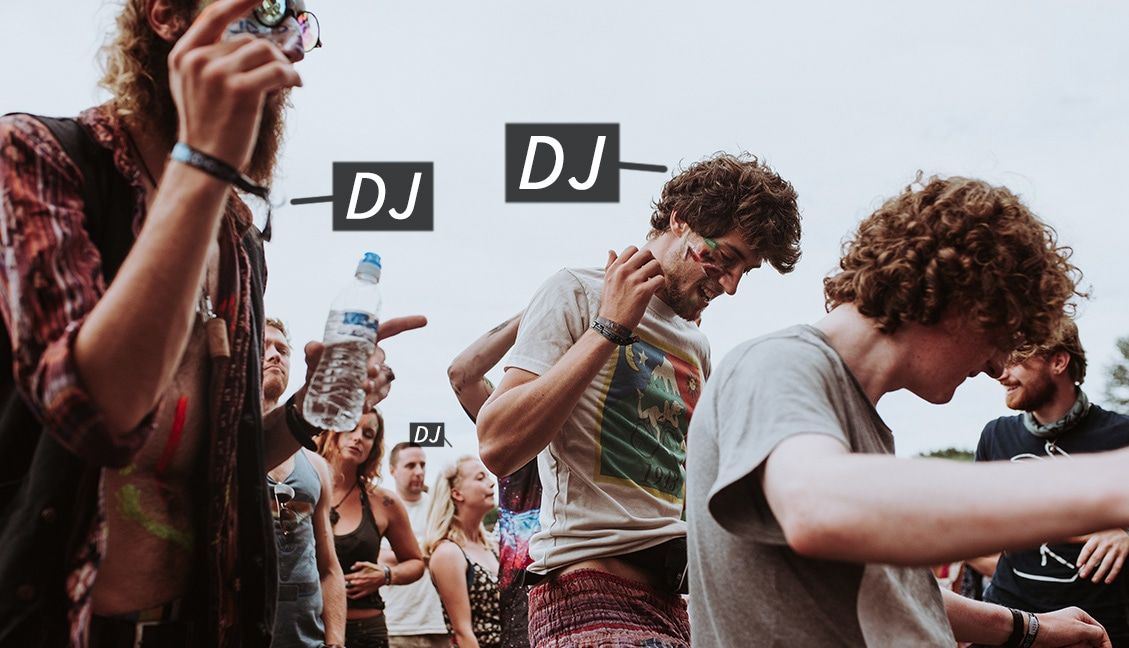From last-minute bookings to loud hecklers, stand-up comedians have a unique set of challenges that should feel familiar to almost every working DJ. Guest contributor Jon Paul Hill has put together a great collection of the parallels between the two professions – keep reading find out what you can learn from the careers of comedians.
Stand-Up Comedians: DJing Laughter?
Some DJs are funnier than others. Cheeky chaps like Eats Everything, Justin Martin, and Dada Life use their senses of humor to engage with their fans. But looking beyond clever-minded DJs, there are some major parallels between the careers of stand-up comedians and DJs. Even Bill Burr noticed it in this (not exactly complimentary) bit from his Monday Morning podcast:
Some comedians even use DJ culture as rich fodder for new material. Watch Russell Peters (himself a DJ) talk about controversial topic of ‘Real DJing’:
For even more from a comedian on DJ culture, listen to the last episode of the Houndtall Discussion Podcast, on which Moshe Kashe talks about his own experiences, as well as the history of dance music (with help from Dubtribe’s DJ Real).
Handling Requests and Hecklers
The impetus behind this article was an episode of ‘Louie’ where Louis CK handles the titular Heckler’ with pretty brutal take-down. Afterwards, Louie evangelizes to the heckler on how comedians performing at the club wait their entire week for that 10 minutes on stage, and she, the heckler, takes the moment from them when she interjects.
Hecklers and persistent requesters don’t usually mean to attack and derail performers, rather they just want to be a part of ‘the show’. Ego plays a huge part in the way that an audience reacts to a performer, particularly in a space that doesn’t have a layout (high stages, security guards) that substantially separates the audience from the performer.
Read More: Ean Golden’s classic article on DJ Ettiquite (including dealing with requests)
A firm but friendly tone is usually the best way to deal with people overstaying their welcome in the booth, some people are never going to get it though, and you’re just going to have to take it with good humor (till the bouncer throws them out).
Think Of Your New Mix Like A Stand-Up Special

George Carlin pioneered the modern comedian career workflow:
- build your material in clubs/shows
- record a special
- build completely new material in new clubs/shows
Mixtapes are a lot like this, particularly the ones that get a higher audience reach – maybe in partnership with a website, magazine, or someone with their own reach of new ears. You might continue to get mileage out of your older mixes/routine after they’re published, but chances are that once a mix is published, you’ll start working on something new.
This is a pretty healthy creative process, especially if you can take your time between uploads to ‘test the material’. See what works in the venue, what transitions are too long? Can something be cut? Does that one track need an edit? Impose a deadline and keep refining your set until it’s ready to be presented in its definitive form.
Read More: 10 things you should consider before making your next DJ mix
Working The Room
Everyone has their favorite place to play, from mega-clubs to tiny basements. It’s usually the space that feels the most authentic to the sound of the artist that are our favorites. What about when you’re out of your comfort zone? Can you still win over the crowd, do you have a few tricks in the bag for these situations? (You should!)
Comedians often have to perform in venues that they’re not used to and to audiences that don’t know them. The Tonight Show has a great series where comedians share when these types of uncomfortable gigs go wrong – watch Jerry Seinfeld explain how he bombed at a disco in Queens back in 1977:
This one usually requires some experience in audience psychology. Should you concentrate on pleasing that bachelorette party in the corner? What about the two quiet students that come and see you every week? You don’t have to compromise your entire performance to please one section of the crowd, but if you play it smart you can touch everyone listening in a meaningful way.
Keep Reading: Should you take gigs outside of your normal genre?
Finding Your Voice
We’ve all seen the overnight successes, the young bucks that come out of nowhere to dominate the scene. However, the majority of comedians and DJs don’t reach success until they have been at it for a considerable time. Call it the magic 10,000 hours, but refining your taste, learning your strengths and paying your dues are extremely important. In the 700th episode of his WTF podcast, Marc Maron discussed this idea of ‘earned success’ with Louie CK, who noted:
“Look what they got, they don’t have to worry, look at the opportunities they got! But, how did we get to this place? We do have advantages, and the luxury of some choices, but how did we get those? Were we born with that? We fucking slogged it with no hope of reaching this. Each of us about 25 years [sic], running in place, learning skill, not knowing if it was going to work out and thinking actually the odds were very against [us].”
Sound familiar? It’s all about keeping the faith, working hard in the face of improbable odds, and trying to enjoy the process of craft-building throughout. If you’re consistently evaluating your own style and how it’s resonating with an audience, you can be forced to start defining success for yourself, which leads us to…
Making It Work
In a recent Comedy Masterclass talk (see below), Dan Harmon (comedian and creator of Community, and Rick and Morty) talked recently about the new waves of creative young people: there’s more to do, more ways to work, for much less money than there used to be. In parallel with that, if one can make find a way to make it work, chances of happiness and laughter are higher:
DJing (or comedy): you love it, and it’s the thing you’re best at, it calls to you, and you get weird if you go too long without doing it. There’s no reason to stop just because you haven’t fulfilled some arbitrary benchmark of success. You can always alter the terms of your own contract.
Many comedians have used technology (YouTube, Twitter, Vine, and podcasts in particular) to find new audiences, engage existing fans and develop their careers on their own terms. DJs have the same challenge, and should use the evolving world around you to experiment. Perhaps throwing unconventional parties, or regularly streaming DJ sets online – they’re all ways to fulfill the creative drive that comes with being a performer.
What lessons have you learned from other creative professionals that have inspired you in your DJ or production career? Let us know in the comments below:









